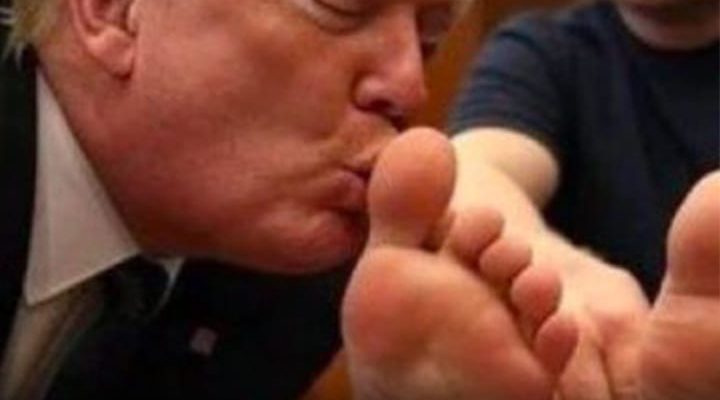In a world overflowing with conveniences and modern innovations, few developments have transformed our lives quite like the internet. Beyond entertainment and communication, it has quietly emerged as one of the most powerful tools of knowledge sharing in human history. With the click of a button or a quick tap of the keyboard, answers that once took days, weeks, or even lifetimes to find can now be uncovered in seconds. The internet, in its vast, intricate, and ever-expanding network, has become humanity’s collective memory—an endless library where no question is too obscure, no mystery too great.
Think about the kind of questions that once remained unanswered. Centuries ago, an illness might have been attributed to a curse. Today, with a few carefully chosen words in a search bar, one can uncover detailed research papers, patient testimonials, treatment plans, and even dietary recommendations. What once was hidden behind locked university doors is now available to anyone with curiosity and a connection.
The beauty of this lies not just in convenience, but in the empowerment it offers. A mother in a remote village can learn how to build a rainwater collection system. A teenager struggling with anxiety can access forums where others share coping strategies. An elderly man unsure of the warning signs of heart trouble can watch medical professionals explain symptoms in videos designed for clarity and compassion. Knowledge is no longer a privilege of the few—it is a right of the many.
What makes this more profound is the speed at which our shared understanding evolves. Not long ago, entire generations relied on a single encyclopedia set to learn about the world. Today, articles are updated daily. Breakthroughs in science, medicine, technology, and art are immediately accessible. History is no longer something we read in textbooks—it unfolds in real time before our eyes, and we can be part of the conversation.
This revolution of information is reshaping how we make decisions, from what we eat to how we treat our bodies and minds. Consider the rise in awareness about health risks once largely ignored. There are now endless resources warning people about ingredients, environmental hazards, early disease symptoms, and lifestyle risks—all because people around the world choose to share their stories, their expertise, and even their cautionary tales.
It’s in the smallest discoveries that we often find the biggest impact. A parent might stumble upon a post about hidden sugar in “healthy” snacks and change the way they shop. A homeowner might read about mold lurking behind a bathroom wall and protect their family from respiratory issues. A stranger’s comment about an odd bruise or pain might be the wake-up call someone else needs to get checked before it’s too late.
But with such power also comes responsibility. Not every corner of the internet is filled with truth. Misinformation can be as dangerous as ignorance. That’s why it’s more important than ever to foster critical thinking, to cross-check sources, to approach online knowledge with both openness and discernment. Just because something is accessible doesn’t mean it’s accurate.
Still, even with these caveats, we cannot deny the power of this global brain we’ve built together. It doesn’t matter if you live in a sprawling city or a quiet country lane—answers are at your fingertips. And that access alone can change lives.
Imagine being in a situation where your child is ill and you’re unsure whether the symptoms are serious. You pull out your phone, research those signs, and learn that they could be related to something far more urgent than you thought. That information might prompt you to seek immediate help. That moment might save a life.
That’s the gift the internet gives us every day: not just entertainment, but empowerment. A mother’s peace of mind. A patient’s second chance. A farmer’s better harvest. A student’s breakthrough.
It is a bottomless well of shared human experience, lessons, warnings, discoveries, and hope. And it continues to grow because each of us adds to it—through the questions we ask, the experiences we share, and the knowledge we pass on.
So while the internet may be home to a million distractions, let’s not forget what it truly is at its best: a place where even the most confusing mysteries of life can begin to make sense.
And that, more than anything, makes it one of the most remarkable inventions humanity has ever created.


